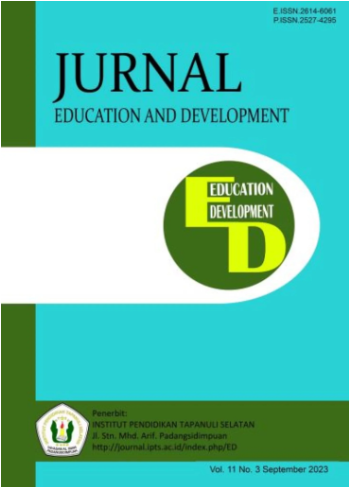HEGEMONI KEKUASAAN DALAM PARADIGMA POLITIK PEMBERDAYAAN LOKAL KAIN TENUN DI KABUPATEN ENDE
Main Article Content
Abstract
Community empowerment is an effort to develop community independence and welfare by increasing abilities, knowledge, attitudes, skills, behavior, awareness, and utilizing resources through establishing policies, programs, activities and assistance that are in accordance with the essence of problems and priority needs of the community. The modus operandi for realizing the essence of empowerment is shown by several approaches, one of which is through hegemony in realizing optimal empowerment as studied in this research, namely: Hegemony of Power in the Political Paradigm of Local Empowerment of Woven Fabrics in Ende Regency, the aim is to describe the disintegration of elite interests within the framework of hegemony using a qualitative approach. The results of the research show that within the political scope of local empowerment of woven cloth in Ende Regency, there is a hegemony that is built based on policy and the encouragement of power to drive empowerment programs which include the authority of the government and the private sector to distribute resources, as well as the community as subjects or targets gathered in the empowerment trichotomy. . The references and recommendations from this study are efforts to optimize empowerment by creating a conducive space and providing protection to the community as the target of empowerment so that resource exploitation does not occur so that the community can develop, be independent and empowered.
Keywords: Hegemony of Power, Politics of Empowerment
Article Details

This work is licensed under a Creative Commons Attribution-NonCommercial-ShareAlike 4.0 International License.
References
Charswell, J. W. (2019). Research Desaign, Pendekatan Metode Kualitatif, Kuantitatif, dan Campuran. Yogyakarta: Pustaka Pelajar.
Easton, D. (1981). The Political System Besieged By The State. Political Theory, 9(3).
Hanitzsch, T. (2001). Teori Sistem Politik dan Paradigma Konstruktivisme: Tantangan Keilmuan Jurnalistik di Era Informasi. ejourna.lunisba.ac.id, 2(2), 218.
Levine, J. A. (2018). Teori-Teori Ekonomi Politik. Yogyakarta : Pustaka Pelajar.
Levine, J. A. (2018). Teori-Teori Ekonomi Politik. Yogyakarta: Pustaka Pelajar.
Maani, K. D. (2011). Teori Actors Dalam Pemberdayaan Masyarakat. Jurnal Demokrasi, 17, 27-34.
Maso'ed, M. (1994). Politik Birokrasi dan Pembangunan. Yogyakarta: Pustaka Pelajar.
Mas'oed, M. (1994). Politik Birokrasi dan Pembangunan. Yogyakarta : Pustaka Pelajar.
Mas'oed, M. (1994). Politik Birokrasi dan Pembangunan. Yogyakarta: Pustaka Pelajar.
Noor, M. (2011). Pemberdayaan Masyarakat. Jurnal Ilmiah Civil, 1(2).
Saharuddin. (2009). Pemberdayaan Masyarakat Berbasis Kearifan Lokal. Jurnal Transdisiplin Sosiologi, Komunikasi, dan Ekologi Kemanusiaan, 3, 47-49.
Sugiono, M. (2006). Kritik Antonio Gramsci Terhadap Pembangunan Dunia Ketiga. Yogyakarta: Pustaka Pelajar.

